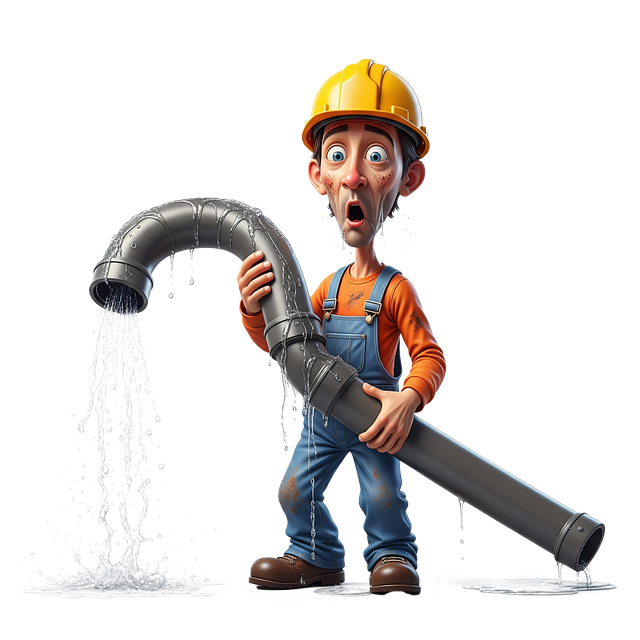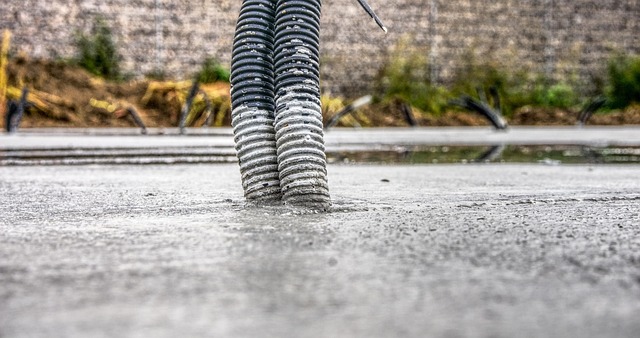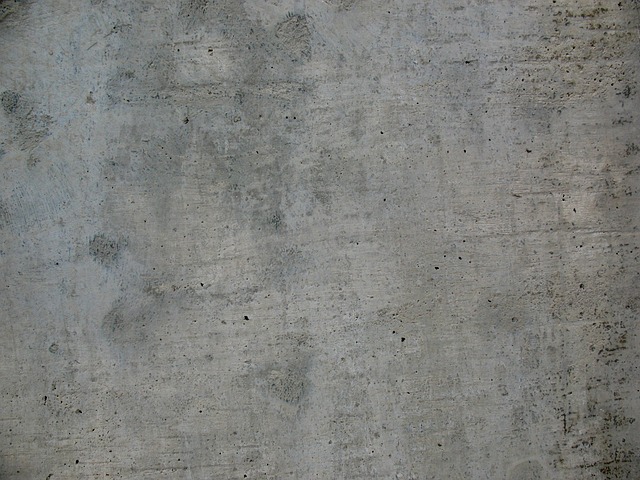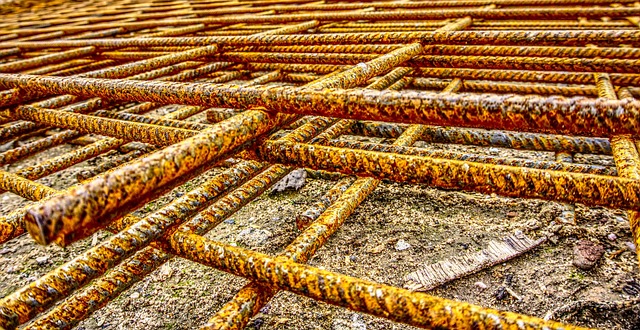Foundation Contractors identify and address basement wall damage like cracks and water intrusion using advanced techniques. They target both cosmetic issues and root causes for stable, dry basements. Strategic restoration methods range from epoxy injections to ICF reconstruction, ensuring structural integrity with quality materials. Regular inspections and maintenance by Foundation Contractors prevent future problems and costs.
Basement walls, often neglected, can suffer from various forms of damage due to moisture, leaks, and structural issues. Understanding these problems is the first step towards effective restoration. This article guides you through the process, from identifying basement wall damage caused by foundation failures to selecting suitable materials for reconstruction. We highlight the crucial role of foundation contractors in assessing and mitigating these challenges, offering expert advice for a successful basement wall restoration project.
Understanding Basement Wall Damage

Basement walls often bear the brunt of a home’s structural stress, making them susceptible to damage over time. This can manifest in various ways, from cracks and bulges to significant structural failures. Understanding the nature of this damage is crucial when considering restoration. Foundation contractors will first assess the type and extent of the damage, which could be caused by issues like settlement, heave, or water infiltration. Settlement occurs when the soil beneath the foundation compresses unevenly, leading to cracks and misalignments. Heave, on the other hand, is due to soil expansion, particularly in areas with high moisture content. Water infiltration can weaken walls over time, causing not only visible damage but also promoting mold growth and structural degradation.
Identifying these issues early is key to preventing further complications. Foundation contractors employ specialized techniques and tools to diagnose problems accurately. They may use moisture meters to pinpoint water intrusion points and non-invasive methods like digital imaging to assess structural integrity. Once the cause of damage is established, contractors can recommend appropriate restoration methods, ensuring the basement walls are restored to their optimal state while addressing any underlying structural concerns.
The Role of Foundation Contractors

When it comes to basement wall restoration, Foundation Contractors play a pivotal role in ensuring structural integrity and longevity. These experts are equipped to assess and address any issues related to basement walls, such as cracks, water damage, or settlement. They employ specialized techniques and materials to repair and stabilize these walls, preventing further deterioration and creating a safe, dry environment below grade.
Foundation Contractors not only fix the visible problems but also focus on the underlying causes. By addressing foundation issues early, they can prevent costly repairs in the future, ensuring that your basement remains a functional and comfortable space for years to come. Their expertise and experience make them indispensable in the process of restoring and maintaining the structural soundness of your home’s basement.
Evaluating Restoration Requirements

Evaluating the restoration requirements for your basement walls is a crucial first step. This involves assessing the extent of damage, which can range from minor cracks to more significant structural issues. Foundation contractors use specialized techniques and tools to inspect the walls, floor, and ceiling to determine the root cause of any problems. They look for signs of water damage, mold growth, heave (where the earth around the foundation has shifted), or settlement, all of which can compromise the integrity of your basement.
Once the evaluation is complete, contractors provide detailed reports outlining the necessary repairs. This may include reinforcing walls with steel beams, repairing or replacing cracked concrete, addressing moisture issues, and implementing solutions to prevent future problems like water seepage or foundation movement. Understanding these requirements ensures you’re making informed decisions about your basement wall restoration project, ensuring a sturdy and secure space for years to come.
Techniques for Repair and Reconstruction

Basement wall restoration requires a strategic approach, especially for damaged or deteriorating structures. The initial step involves assessing the extent of the damage, which can range from minor cracks to significant structural issues. Foundation contractors employ various techniques depending on the problem. For small cracks and general wear, an epoxy injection might be used to strengthen and stabilize the walls. This method is cost-effective and effective for reinforcing weak spots.
In cases of severe structural damage, reconstruction may be necessary. This involves removing the damaged sections and replacing them with new materials, ensuring the wall’s integrity. Modern construction techniques, such as using insulated concrete forms (ICF) or steel framing, offer durable solutions that prevent future damage. Efficient moisture management strategies are also implemented to address water-related issues common in basements, ensuring a dry and healthy environment.
Choosing the Right Materials

When restoring a basement wall, selecting the appropriate materials is paramount. Foundation contractors often recommend using high-quality, water-resistant drywall or concrete patching compounds for durability and longevity. These materials not only withstand moisture but also provide a solid base for future finishing touches, ensuring your basement wall restoration project stands the test of time.
The choice of materials should also align with the overall aesthetic you desire. Whether aiming for a modern finish or preserving historical charm, there are options available to complement various design themes. Consulting with experienced foundation contractors can offer valuable insights, guiding you in making informed decisions that meet both functional and aesthetic requirements.
Restoring Architectural Integrity

Restoring a basement’s architectural integrity is a meticulous process that requires the expertise of professional foundation contractors. These specialists understand the unique challenges of basement walls, which can suffer from moisture damage, settling, or structural issues over time. By employing specialized techniques and materials, they can repair and reinforce these walls, ensuring both their strength and aesthetic appeal.
One of the key aspects of this process is addressing any cracks or gaps in the wall structure. Foundation contractors use advanced methods to stabilize and seal these areas, preventing further damage and moisture intrusion. They may also implement structural support systems to enhance the overall integrity of the basement walls, allowing for a safe and dry living space below grade.
Preventive Measures for Future Protection

To ensure long-term protection after basement wall restoration, several preventive measures can be taken. Engaging the services of reputable foundation contractors is paramount. They can assess and address any structural issues that might lead to future damage, such as cracks or unlevel walls. Regular inspections are also crucial; checking for signs of water seepage, mold growth, or new cracks will help catch potential problems early on.
Implementing a robust maintenance routine includes keeping the basement area clear of debris and excessive moisture. Address any leaks promptly to prevent long-term damage. Additionally, applying waterproof coatings or membranes to vulnerable areas can provide an extra layer of defense against water intrusion. These steps, combined with professional care, will significantly contribute to maintaining the integrity of your restored basement walls over time.
Common Mistakes to Avoid

When it comes to basement wall restoration, there are several common mistakes that homeowners often make. One of the biggest is attempting to tackle the project themselves, especially if they have no previous experience. Basement walls require specialized knowledge and equipment to ensure proper repair and stability, so enlisting the help of professional foundation contractors is crucial. DIY attempts can lead to incomplete repairs, further damage, or even safety hazards.
Another mistake to avoid is neglecting regular maintenance. Foundation issues often arise from ongoing problems like moisture intrusion, water leaks, or structural shifts. Regular inspections by experts can catch these early on, preventing more significant and costly damages down the line. Homeowners should also steer clear of using subpar materials or skimping on labor during repairs, as this may compromise the long-term integrity of the basement walls.
Tips for Effective Basement Wall Restoration

Basement wall restoration is a crucial task that requires careful planning and professional expertise. When it comes to effective basement wall restoration, there are several tips to consider. First, inspect the walls thoroughly for any signs of damage, such as cracks, bulges, or water stains. These issues could indicate structural problems or moisture intrusion, which need to be addressed by qualified foundation contractors.
Engaging the services of reputable foundation contractors is essential for ensuring a successful restoration. They have the necessary tools and knowledge to assess the extent of the damage, implement proper repairs, and prevent future issues. Additionally, using high-quality materials and following industry best practices guarantees a durable and long-lasting solution. Regular maintenance and inspection are also vital to catch potential problems early on, saving you time and money in the long run.
